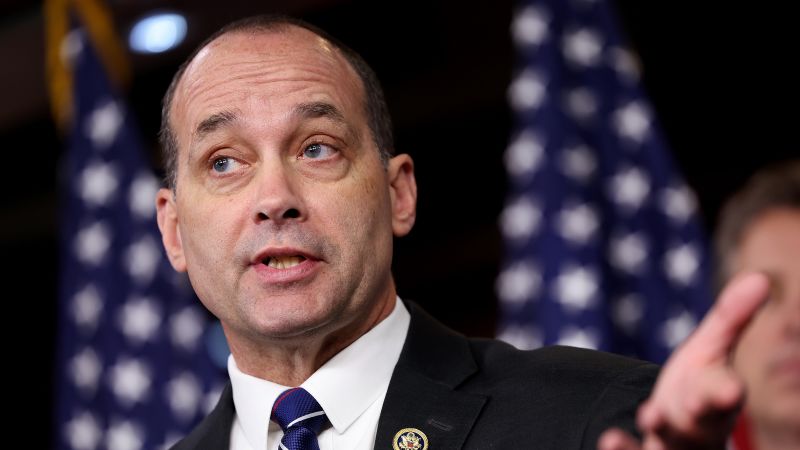By Howard Schneider
NEW YORK (Reuters) – The Federal Reserve’s upcoming decisions about the ultimate size of its balance sheet has no bearing on the central bank’s inflation fight or changes to its policy interest rate, Fed Governor Chris Waller said Friday.
“Balance sheet plans are about getting liquidity levels right,” Waller said in comments at a monetary policy conference held by the Clark Center for Global Markets at the University of Chicago’s Booth School of Business. “They do not imply anything about the stance of interest rate policy, which is focused on influencing the macroeconomy and achieving our dual mandate.”
“Changing our pace of redemptions will occur when the Committee makes a decision to do so, and the timing will be independent of any changes to the policy rate,” Waller said.
Waller’s comments restate a longstanding “separation principle” between interest rates decisions and balance sheet policy, but at a time when the central bank is trying to decide when to slow and eventually stop an ongoing rundown of its asset holdings.
He pointed to some longer-term issues he would like the Fed to address, including what he feels should be a reset of the balance sheet towards shorter-term Treasury bills that would better match the short-term policy rate that the Fed controls as its key monetary policy tool.
That would “allow our income and expenses to rise and fall together as the (Federal Open Market Committee) increases and cuts the target range,” of the benchmark policy rate, he said. Such an approach would also let the balance sheet contract more quickly if asset purchase programs are needed again in the future.
But on the immediate issue of how far to let the current set of Fed asset holdings decline, Waller said he wants to approach the process “carefully,” with an eye on the Fed’s 2019 experience when the level of bank reserve’s drifted too low and led to turbulence in rate markets.
Waller, commenting on research into the impact of the common balance sheet tightening underway across central banks, said he agreed that the process had proceeded with little apparent market impact.
The current runoff of up to $95 billion monthly “is not a problem,” Waller said, “something that a few years ago would have surprised a lot of people” given concerns that a quick pace of “quantitative tightening” but lead to tighter than desired credit conditions.
“I support thinking further about how many more securities to redeem,” Waller said, though with roughly $500 billion left in a Fed overnight reverse repurchase facility, “we can continue to reduce our holdings for some time.”
Read the full article here







